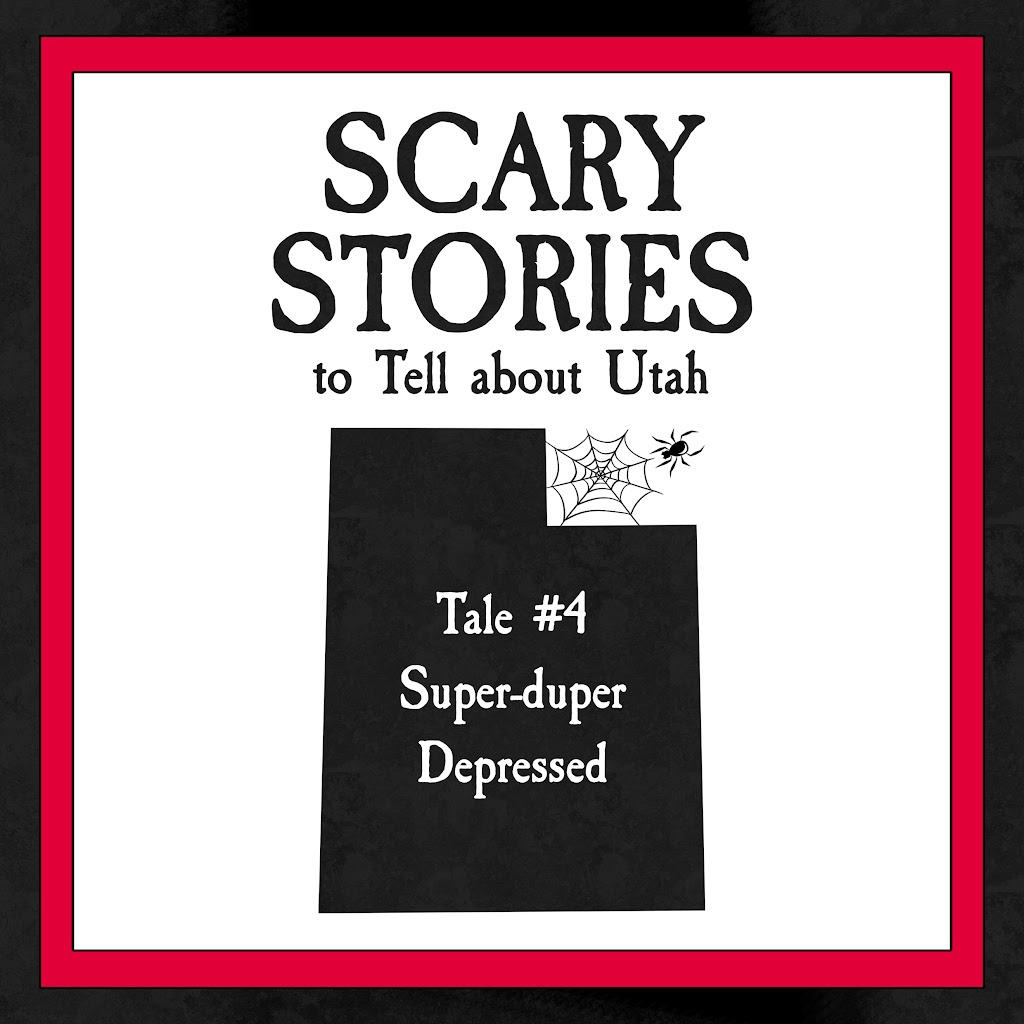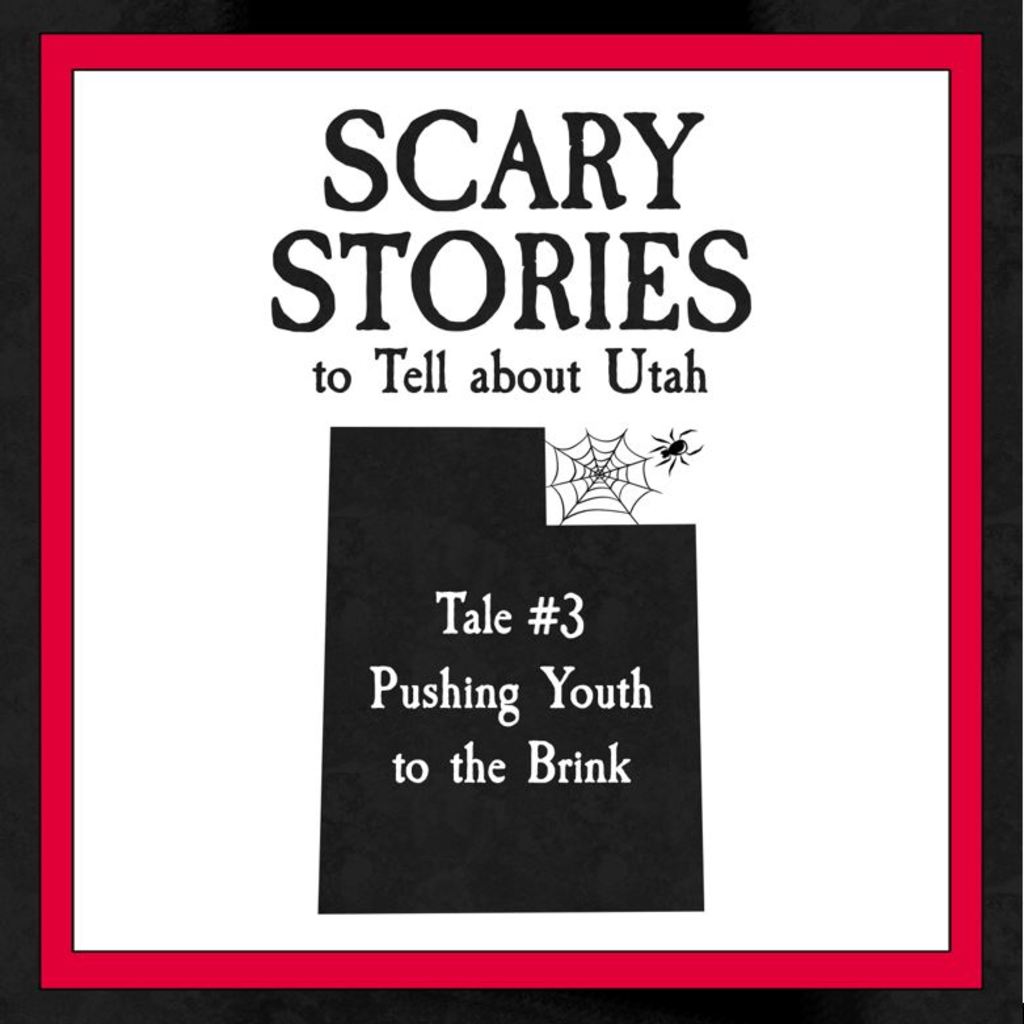
When the Adderall Runs Out
Some emergency preparation suggestions if access to psychiatric medication becomes limited or unavailable.

Some emergency preparation suggestions if access to psychiatric medication becomes limited or unavailable.

The case for why pornography use is better understood as a lived solipsism and hedonism—in partial concurrence and reflective response to Hess and Barborka.

Growing and making changes can bring joy to life—as does finding deeper relationships. Can all this decrease emotional suffering too? What could it mean for our mental health if this became more central to our healing efforts?

The FDA approved antidepressants as helpful short-term support based on studies spanning a few months. In making longer-term decisions, it’s crucial to pay more attention to what we know from longer-term research studies.

Everyone loves to believe that psychologists approach clients through a purely neutral lens. It’s precisely this mistaken presumption that allows real-life conversions to take place unawares.

Remarkable scientific advances now confirm greater hope for deeper healing among those grappling with depression and anxiety. But this can feel unsettling and even threatening to some.

Depression has been excruciating. I’m so grateful to finally be on a path of deeper healing.

You’ve probably heard somewhere – from someone – that Utahns are far more likely to be depressed. You probably have not, however, heard about the broader picture of research that contradicts that especially popular Scary Story about Utah.

The narrative that teachings of the Church of Jesus Christ are causing suicidality among LGBT youth is unsubstantiated. New research, showing a negative association between Church membership and suicidality in these youth, suggests the possibility that the opposite is true.

Some still like to claim that Utah has a uniquely high rate of porn use in the nation—purportedly related to cultural norms that “suppress” and “shame” sexual expression. This popular story only survives out of widespread ignorance over the science of pornography itself.

The traditional Catholic conception of leisure—a “mental and spiritual attitude” closer to worship than to idleness—can help us consecrate ourselves with joy, rather than toil.

When therapists advertise they are Latter-day Saints, clients expect them to provide services within the boundaries of Church guidelines. All too often, this is not the case.